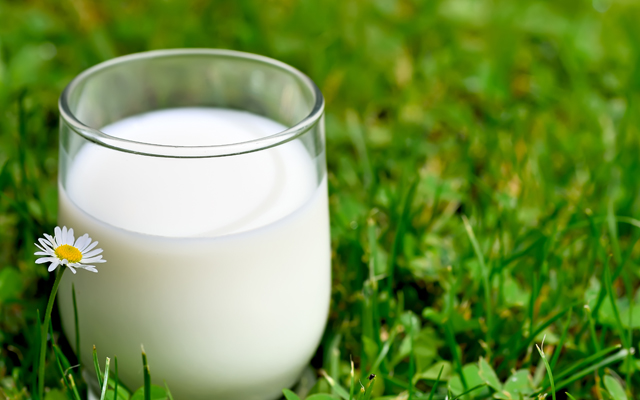ASTANA – In spite of the fact that more and more milk producing companies use milk powders, some rare companies still produce organic milk using up-to-date equipment while providing special social conditions for their employees.
Rodina Agricultural Co. currently sells 35-37 tonnes of products every day, all of which are in great need, said General Director Ivan Sauer according to partner.kz.
“We can increase production capacity, but trade off in quality. How? Buying low-quality raw material or using milk powder, but we cannot afford these. We don’t use milk powder at all. There is no seasonality definition for professionals. In winter, we produce only 7-8 percent less than in summer, because we are a major company. If production process is organised well, a milk producing company won’t have great deviations in different seasons,” he added.
Dairy has been a major industry in Kazakhstan since ancient times. In the Soviet days, all milk products were very high quality and affordable. Sauer feels it is quite easy to fill Astana’s needs with organic milk products, which are enough to establish four companies like Rodina. He is sure that it is silly to discuss what milk is better to drink.
“Only organic milk, produced without any milk powders!” he said. “Such slogans as ‘Buy products made in Kazakhstan’ are not enough. Of course, we need to encourage our people, but our products have to be competitive in quality. Our citizen has right to ask for quality. Everybody has to understand this.”
Sauer added the company doesn’t plan to sell its milk in Russia, as Rodina is geared to the capital’s market.
“The shelf life of our product is only five days. If we deliver milk to Russia, we will deliver sour milk. Of course, there are companies in Kazakhstan which are located close to the Russia-Kazakhstan border. And I want to note that the border is approximately 7,500 kilometres and the export is really profitable for such companies. But I consider that discussing export of milk products when we didn’t solve problems with the domestic market is not right. We have to fill the needs of domestic products and only after this we should establish companies targeted at exporting milk products to Russia,” he said.
In 2007, German equipment was installed at Rodina facilities and put into operation and 752 cows were supplied from Canada. Every cow gives 7,000 kilogrammes of product annually, which is three times more than the average index in the state. A 750-kilowatt wind power station was installed in 2012, which produces approximately 50 percent of the electric energy consumed by the village, located approximately 60 kilometres east of Astana. The cost of the 100-percent environmentally friendly project was $1.8 million.
The company pays for housing services, firewood, coal, hay and sauna and barber visits for all village habitants. World War II participants, those who are disabled and single mothers receive a 50-percent discount for foodstuffs in the local supermarket, which is distinguished by low prices. Rodina constructed a local kindergarten, then transferred possession to the state, and students at the local school have free lunches, use free busses and have free access to different hobby groups. The company finances all cultural, educational and sporting events and trips for the children, and graduates win national student competitions on a regular basis. Rodina even pays for university educations.
The recently constructed Orthodox Church, zoo and rent-free adult residential home aren’t considered to be something special in the village and the very low crime rate is quite impressive. As the result, the population increased from 1,200 in 1987 to 1,740 this year, of whom 450 are under the age of 18.
